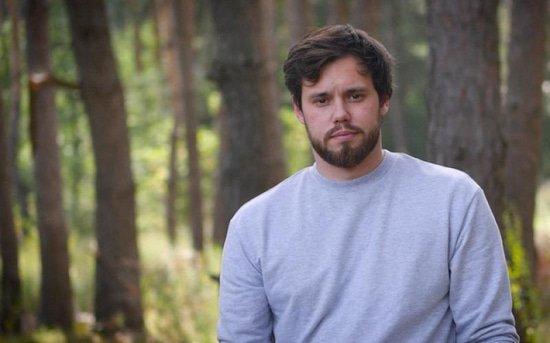В условиях войны мы нуждаемся в поддержке чаще, чем в мирное время. С одной стороны, психологическую поддержку должны оказывать специально обученные люди. С другой, факт остается фактом: мы все стали друг другу немного психологами.
Поговорим о механике поддержки. Как это работает? Что именно мы поддерживаем, когда поддерживаем близкого? Почему иногда становится легче, а иногда только бесит?
Начнем с главного: когда мы поддерживаем человека — на самом деле мы поддерживаем тот его психологический процесс, который сейчас происходит.
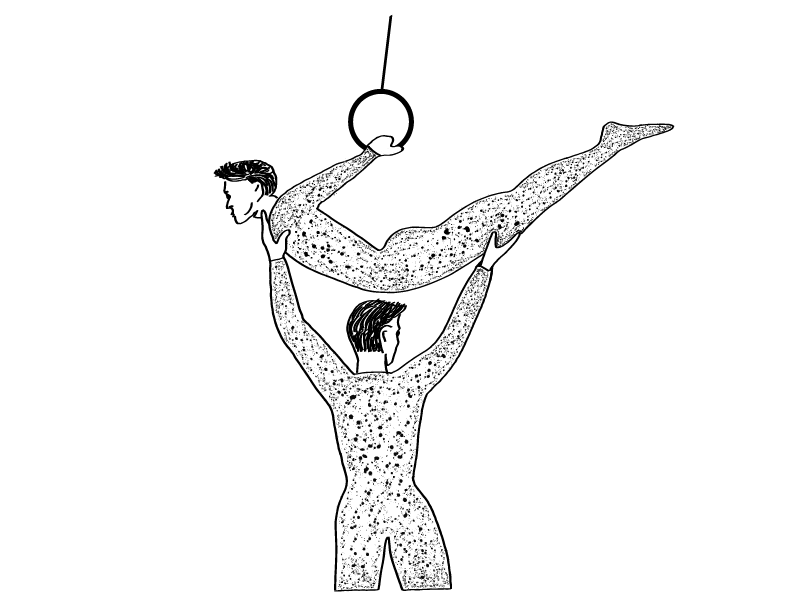
Психология через спортивные метафоры
Психологическая поддержка, как и поддержка в спорте, — это быть рядом, подстраховать или приложить немного усилий. Зачем? Чтобы помочь выполнить упражнение, которое гимнаст хочет выполнить.
Что это значит на практике? Если человек находится в процессе горевания и просит о поддержке, мы поддерживаем процесс горевания: позволяем поплакать столько, сколько хочется, не спорим, не убеждаем, не пытаемся развеселить. Потому что «не плачь, соберись, жизнь продолжается» для человека в горе — не поддержка именно потому, что это останавливает процесс горевания, а не поддерживает этот процесс.
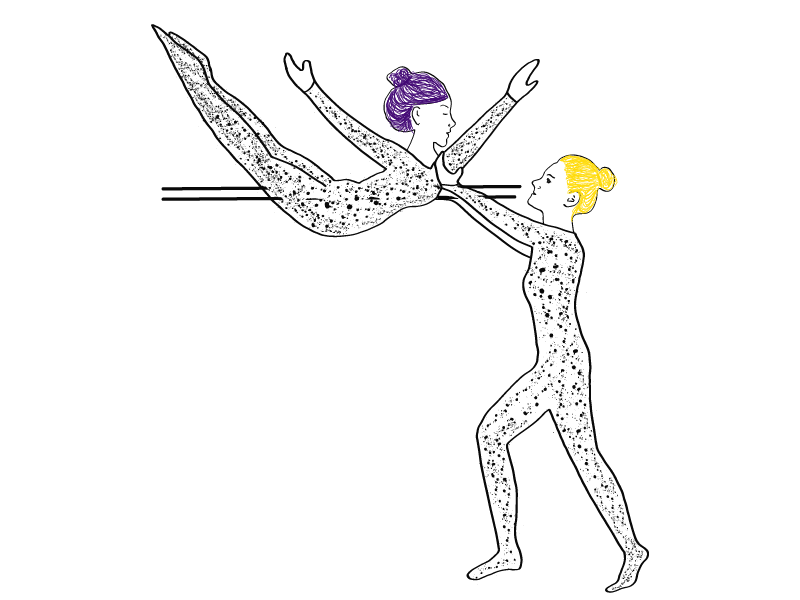
А как понять, какой процесс сейчас идет?
Когда тренер поддерживает гимнаста, он должен знать, какое упражнение выполняет гимнаст, что именно мы поддерживаем и страхуем. Если гимнаст решил делать сальто, а мы готовимся страховать кувырок, — будут проблемы.
В психотерапии на выяснение, какой именно процесс сейчас происходит, что переживает человек и как именно он это переживает, может уйти не один час. И это учитывая, что психологов учат это делать.
Психологи мы или нет, но в любой непонятной ситуации есть смысл попытаться спросить.
«Чего бы тебе сейчас хотелось? Что могло бы тебя поддержать? Что я могу сейчас для тебя сделать?
Но и здесь есть нюанс.
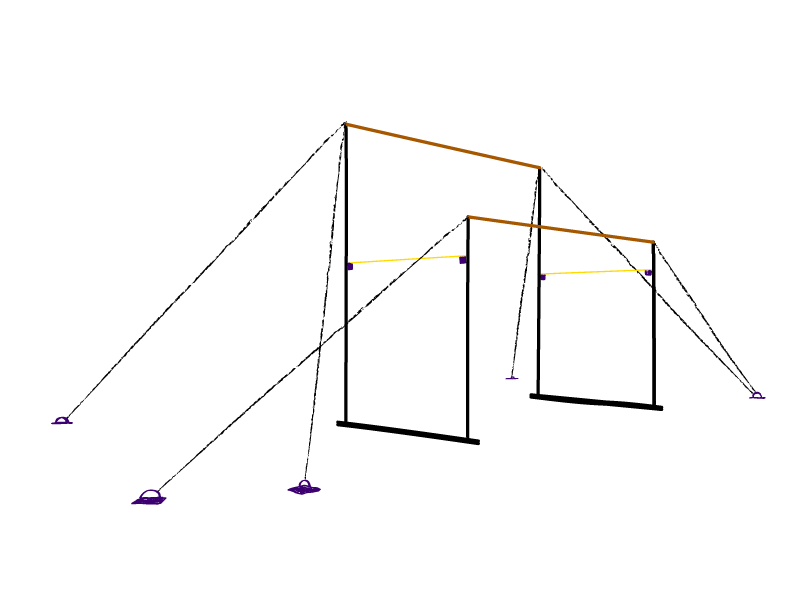
«Да если б знать!»
В горе или стрессе мы часто бываем растеряны и дезориентированы. Не знать, чего бы хотелось, — нормально. Но спрашивать всё равно стоит, потому что вдруг нам повезло и человек знает?
А если не знает? Тогда поздравляем, теперь вы метафорически страхуете гимнаста, и вы не знаете, какое упражнение он выполняет, и он сам не знает тоже, а еще всё это в темноте и вас этому не учили.
Звучит не очень. Обязаны ли мы угадывать тип психологического процесса или тратить время на аккуратные расспросы? Точно не обязаны. Но у нас есть эмпатия, чувствительность, интуиция, а еще мы любим друг друга. Мы можем сказать «я не понимаю, что ты чувствуешь, но я рядом, я хочу узнать больше».
Часто оно того стоит.
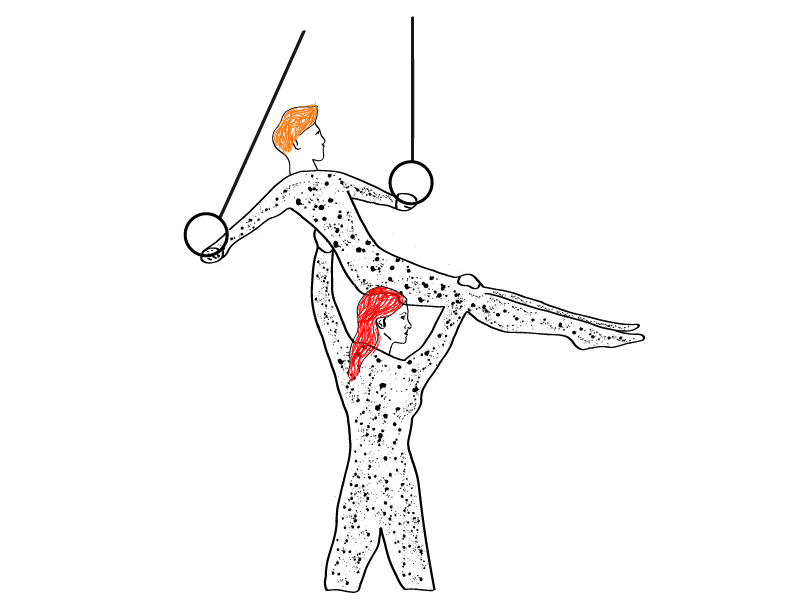
Техника безопасности
Поддерживая других, мы должны заботиться о себе. И если у нас самих нет сил, отказывать в поддержке нормально. Если к вам всегда приходят за оптимизмом и успокоением, а вы больше не вывозите, нормально сказать «Мне жаль, но я тоже сегодня демотивирован и отчаялся». Дело в том, что если у нас совсем нет ресурсов, то качественной поддержки, скорее всего, и не получится: просто не хватит энергии. Так тоже бывает.
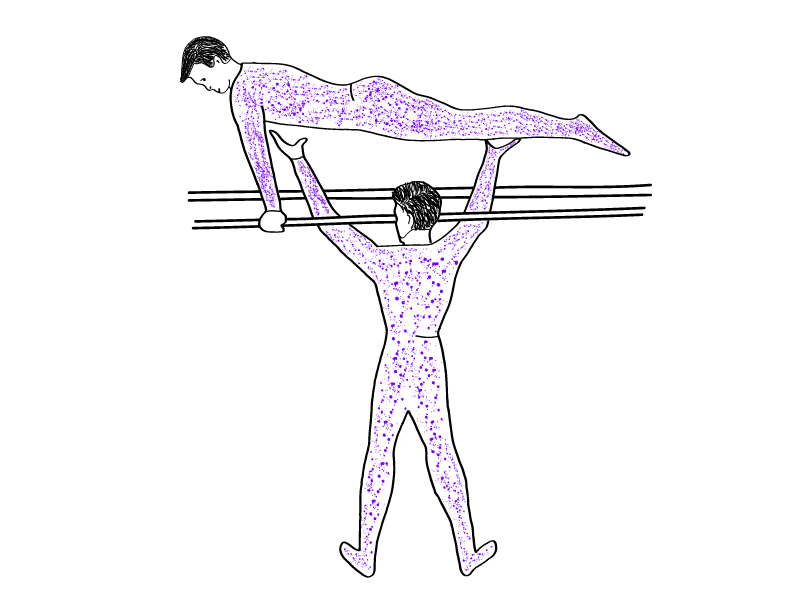
Большое всеукраинское домино
С другой стороны, кто-то буквально от нас зависит, кто-то нам очень дорог, — и возможности или желания отказывать в поддержке может и не быть. Иногда мы поддерживаем из последних сил, будто берем эту энергию взаймы у самих себя, надеясь найти ее потом где-нибудь еще.
Поэтому наше общество во время войны иногда выглядит как доминошки: кто-то один заваливается на другого, другой — дальше, на более стабильного друга, где-то там в этой системе усталости, любви и взаимоподдержки покачиваются и иногда ярко вспыхивают, выгорая, психотерапевты:)
В идеале так не должно быть, но мы внутри самой большой войны в Европе за последние 80 лет.
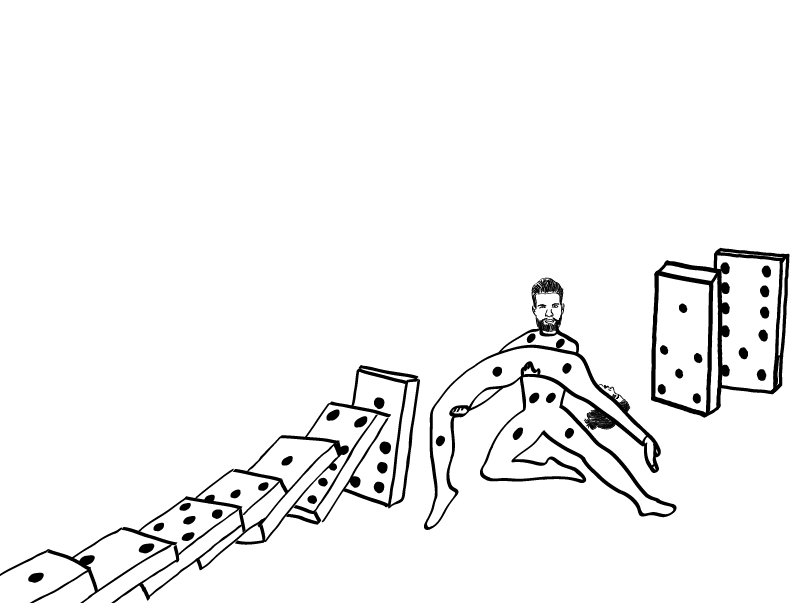
«Это все как-то сложно и слишком научно. Может, нужно просто встретиться и выпить?»
Может, и нужно. Но на самом деле, когда мы разговариваем под вино, мы точно так же поддерживаем определенный психологический процесс близкого человека: находимся рядом в горевании, или валидируем недовольство, или помогаем «попсиховать» и выпустить пар, пока не станет легче. Просто делаем это интуитивно или автоматически. Иногда это срабатывает, иногда нет.
Сознательно поразмышлять о том, что происходит с человеком, какой процесс идет, какова его потребность — никогда не лишнее. Хотя бы потому, что если мы уже вкладываем свое время и внимание в поддержку другого, то стоит попытаться сделать это качественно.
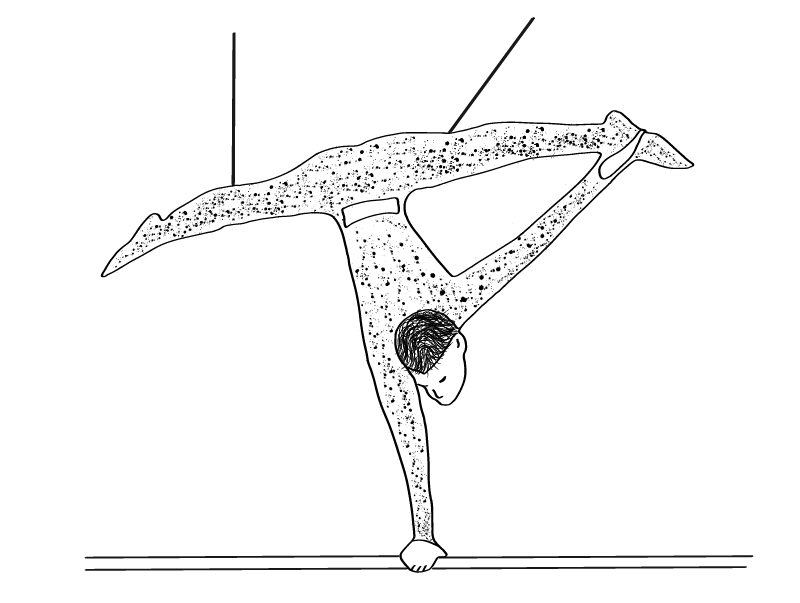
Как понять, что мне удалось поддержать?
По ощущению облегчения, возникающему у другого человека. Часто бывает и так:
— Ты мне очень помогла, для меня это было очень важно!
— Но я ничего не сделала, просто послушала, даже ничего дельного не посоветовала.
Но благодарность не возникает просто так: это значит, что мы действительно угадали, какая поддержка нужна.
А бывает и наоборот: сказано много теплых слов, много времени, много внимания, а человек уходит раздраженный, стало хуже. Это не «неблагодарность». Просто всё действительно индивидуально.
Но это не значит, что не стоит пробовать.






